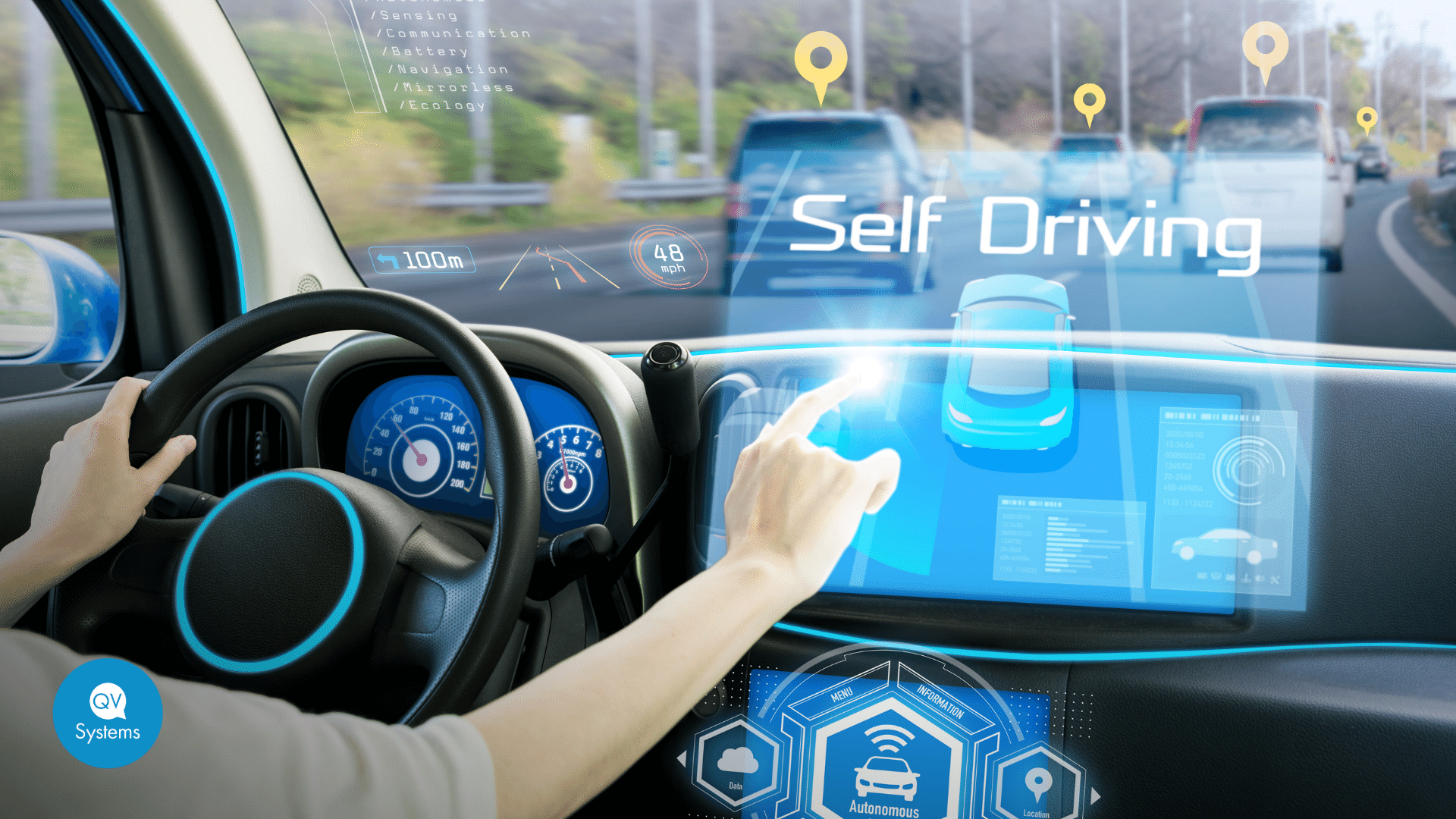The automotive leasing and broker industry has experienced rapid change in recent years, with new opportunities and challenges emerging for industry players. In this blog, we'll discuss some key trends shaping the future of this sector, including sustainability goals, new technology, and regulatory shifts. We invite you to share your thoughts in the comments section and download the full PDF article for more in-depth analysis.
Embracing Sustainability Goals with Electric Vehicles (EVs)
The shift towards sustainability is one of the most significant driving forces in the automotive leasing and broker industry. With the UK committed to Net-Zero carbon emissions by 2050, the focus is on promoting electric vehicles (EVs) as a viable alternative to petrol and diesel cars. Demand for EVs has been steadily rising, and the automotive leasing and rental industry is well-positioned to capitalise on this trend by offering short-term leasing options for consumers and businesses alike.

Bridging the Gap Between EVs and Traditional Vehicles
While EVs are becoming increasingly popular, there are still hurdles to overcome, such as charging infrastructure and high costs. However, the automotive leasing and rental industry can play a crucial role in easing this transition by providing consumers with affordable, short-term access to electric vehicles, and businesses with an opportunity to meet their environmental, social, and governance (ESG) targets.

Leveraging New Technology: The Internet of Things (IoT)
The Internet of Things (IoT) is another significant trend shaping the future of the automotive leasing and broker industry. IoT enables the creation of fully connected fleets, which can be monitored digitally for maintenance, safety, and other operational efficiencies. This technology also allows for usage-based pricing and real-time vehicle monitoring, simplifying processes and reducing operational costs.
Streamlining Operations and Enhancing Customer Experience
IoT technology can be utilised to provide customers with real-time updates on vehicle health and status, while also enabling car rental companies to automate processes such as vehicle returns and damage assessments. As a result, IoT has the potential to significantly improve customer experience in the automotive leasing and rental sector.
Navigating Regulatory Shifts: The Consumer Duty Act
With the introduction of the UK's Consumer Duty Act by the end of July 2023, the automotive leasing and broker industry faces new regulatory challenges. The Act requires financial services firms to act in the best interest of their retail customers, with a focus on fair pricing, transparency, and support for vulnerable customers.
Ensuring Compliance and Engaging Employees
To comply with the new regulations, leasing companies must review all their business processes, ensuring they meet the duty's requirements. Additionally, it's crucial to engage employees in these changes, fostering a culture of ownership and responsibility within the organisation.
Conclusion
As the automotive leasing and broker industry continues to evolve, embracing sustainability, leveraging new technology, and navigating regulatory shifts are essential for success. By capitalising on these trends, industry players can reinvent their platforms and create innovative solutions for consumers and businesses alike. We encourage you to share your thoughts in the comments section below and download the full PDF article for a more in-depth analysis of the future of the automotive leasing and broker industry.
Back to blog









